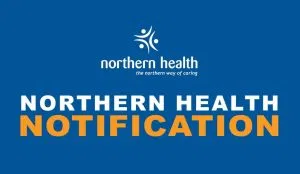The Ministry of Health has announced the expansion of the Travel Assistance Program (TAP) to include six new free ferry routes, providing critical support for patients in remote and rural communities to reach Prince Rupert for specialized medical services. Effective December 19, 2024, this extension aims to ease the financial burden of travel for individuals who need to access non-emergency medical services unavailable in their local communities.
Previously, BC Ferries provided service between Skidegate, Haida Gwaii, and Prince Rupert, but the program now includes round trips from the following communities to Prince Rupert:
- Metlakatla
- Oona River
- Kitkatla
- Hartley Bay
- Tuck Inlet
- Dodge Cove
Patients enrolled in the Medical Services Plan (MSP) can apply for TAP through a form provided by their healthcare provider (physician, nurse practitioner, or specialized clinic). Once approved, they can present the TAP confirmation at the terminal to receive full ferry fare discounts. For individuals under 18 or those unable to travel independently due to medical reasons, an escort may also be provided.
Tamara Davidson, MLA for North Coast-Haida Gwaii, emphasized that the expansion of TAP will not only reduce transportation costs but also promote health-care equity across B.C., ensuring that residents in remote areas have better access to specialized care.
However, TAP coverage only applies to non-emergency medical services that are insured under MSP. Services covered by the program include specialist appointments, diagnostic procedures, lab tests, radiology, nuclear medicine, and care from facilities like the B.C. Cancer Agency, St. Paul’s Hospital (for HIV/AIDS treatment), B.C. Children’s Hospital, and transplant units. Services not covered by MSP, such as private care, are ineligible for TAP.
If patients require follow-up appointments, they must submit a new TAP form for each trip.
This expansion aligns with the government’s ongoing commitment to improving health care access and equity, particularly in ferry-dependent regions of B.C. By reducing transportation costs for patients, the TAP program aims to lessen the stress associated with long-distance travel for essential health care.









Comments